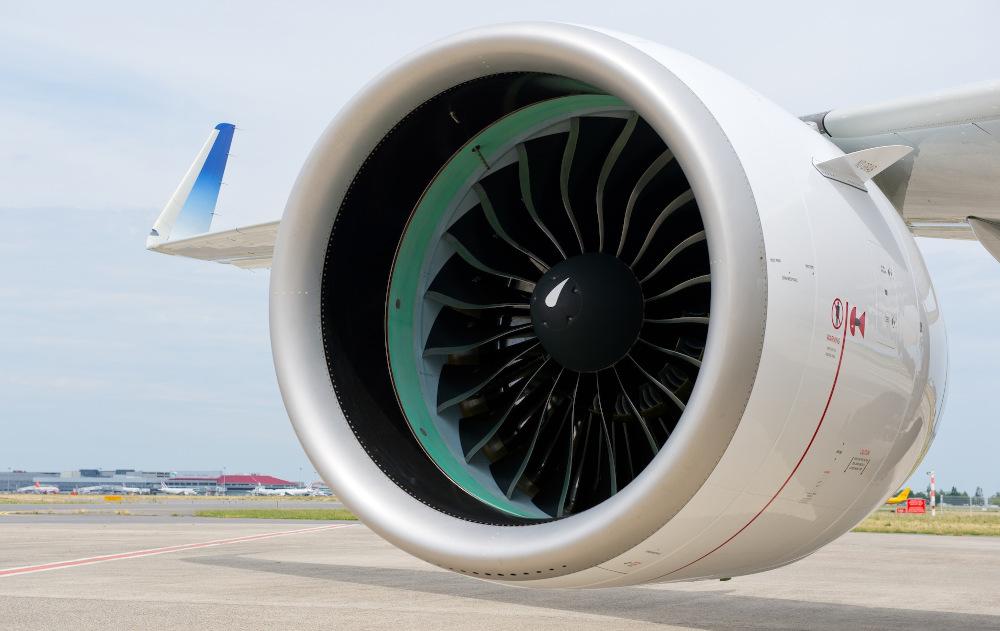
Pratt & Whitney has hit back at claims that Indian airlines’ difficulties with the geared turbofan engine would have been alleviated by a dedicated engine MRO facility in the country.
Last year, an adviser to India’s aviation ministry said Go Air might not have failed “had we had the requisite MRO services in the country”.
But the OEM denies this. “The premise that having an MRO shop in India would have any impact on MRO support for Go or Indigo doesn’t make sense. The engines are still being serviced in the geared turbofan (GTF) MRO Network,” Jenny Dervin, the commercial aerospace public relations lead for Pratt & Whitney parent RTX, tells Aviation Week.
Furthermore, Dervin believes that an unrealized plan to develop GTF capabilities at AI Engineering Services (AIESL) would not have helped either, given the time it takes to build up to full shop visit capability.
For example, she highlights Taiwanese carrier China Airlines, which joined Pratt’s MRO Network in 2020 and only inducted its first GTF in late 2023.
AIESL signed a preliminary agreement with Pratt in 2020, while Go Air ceased flights in May 2023. Dervin adds that despite the airline not paying Pratt for “years” leading up to its failure, the engine OEM continued providing it with engines and services.
She also notes that Pratt has made huge strides developing its global aftermarket capacity, which has doubled in size over the last four years and should rise to 19 GTF MRO shops next year.





